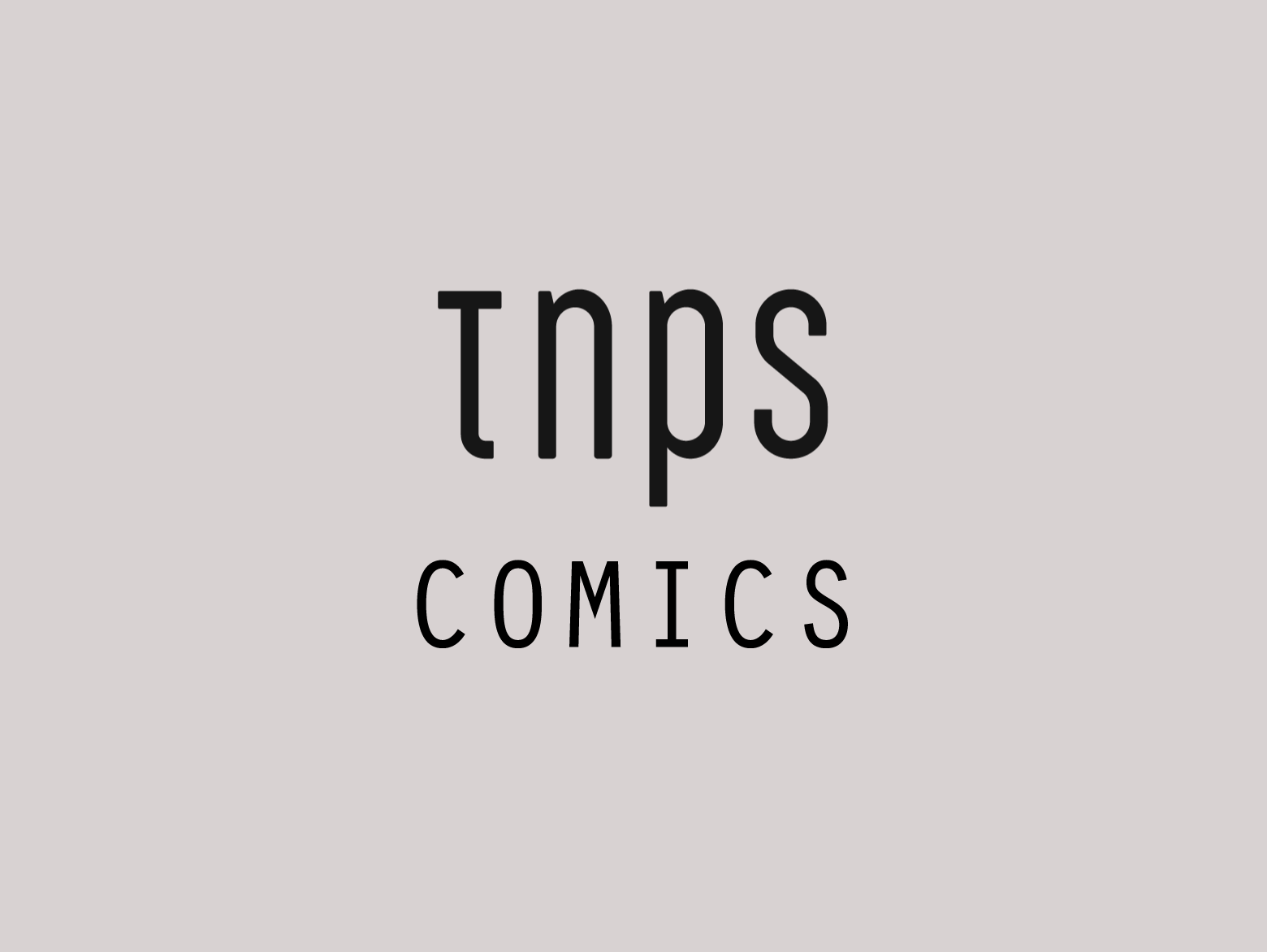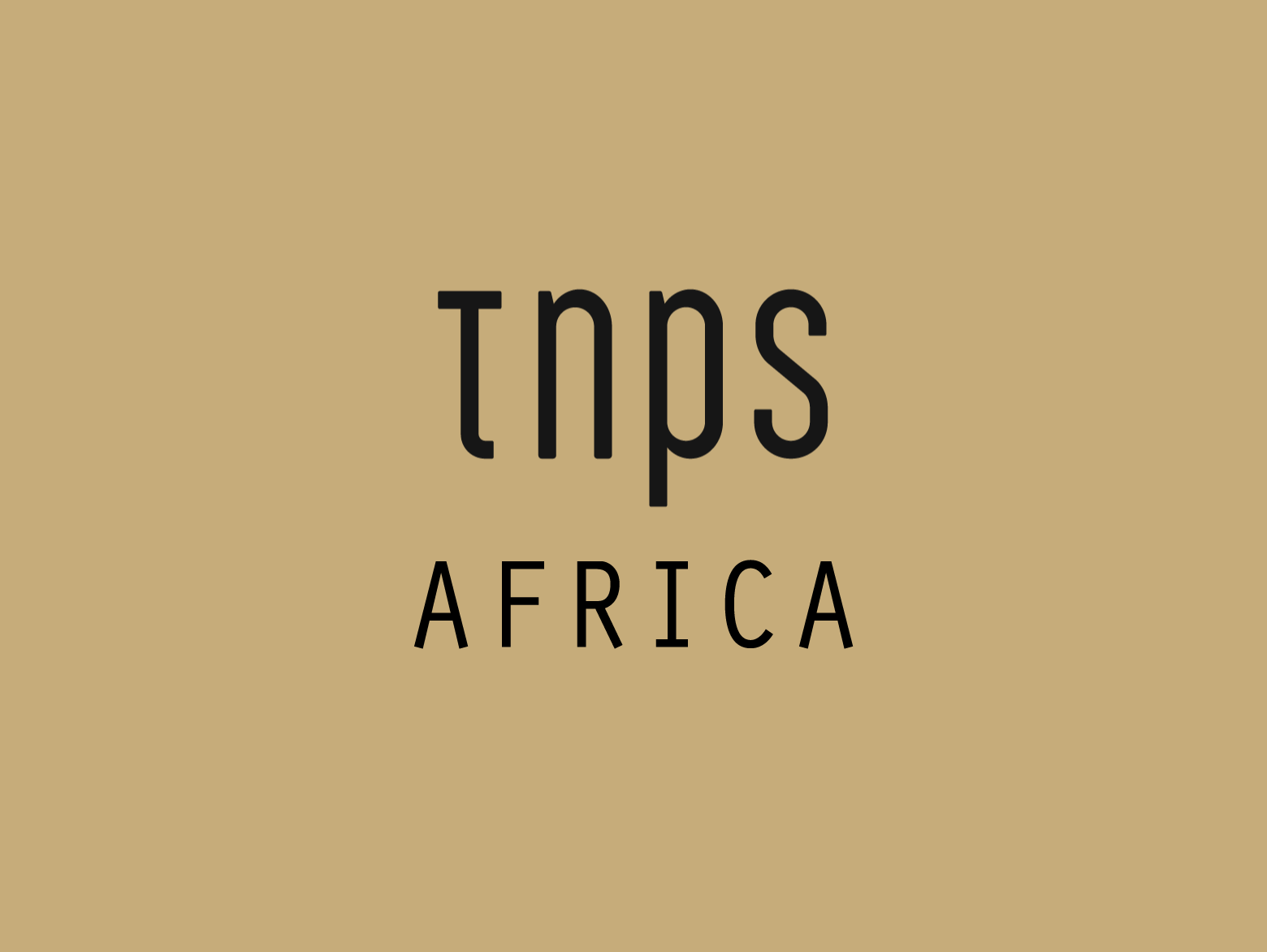For a couple of hours this coming Saturday adults in Yangon, Myanmar (that’s Rangoon, Burma for those of us who learned geography last century) will be able to take a trip down memory lane in the company of some classic comics from Myanmar’s comic golden age.
‘Graffiti and Cartoon Story’ is a public display of over 100 children’s and adult comic books from the 1990s, a time when, says the Myanmar Times today,
The popularity of children and adult comics in Myanmar peaked … with book rental shops in almost every township stocking the latest installments of well-loved characters such as Myine Yar Zar Tut Pe, a village hunter reminiscent of Warner Bro’s Elma Fudd, Bo Bo, a boy who is friends with an alien who possesses the power to create objects from thin air, and Shwe Mi, a beautiful woman who is constantly fending-off marriage proposals from the young men of her village.
Ko Richard, the event’s organizer, responding to “overwhelming demand” after a similar event in December, explained,
When people are reading their favorite old cartoons from their childhoods they look so amused, always smiling and sometimes laughing out loud, it looks very young and fresh, which is why I wanted to arrange this event.
The rise of smartphones is widely blamed for the decline in comics interest in Myanmar, but shortform comics (six to eight columns) are doing well for one publisher on Facebook.
Be Bee is visibly nervous. She has an odd expression on her face: strained with furrowed eyebrows as she clenches her fists. She is trying her best not to break wind in the crowd. But the elements of nature cannot be fought for long.
An e pouk te escapes and the air turns sour. An outraged neighbour covers his nose, some feel sorry for the poor girl, but others cannot help to laugh at her. Be Bee puts on her best poker-face, without much success.
‘Some like control’, ‘Some love freedom’, ‘Some prefer discretion.’
Last week the Myanmar Times, explaining that the average person “farts up to five to 10 times a day” (it didn’t make clear who had the thankless task of keeping count), said the short cartoon had been published on Facebook by Myanmar animation company Joosk, to much acclaim, and Joosk now publishes a new episode every Saturday.
Joosk co-founder Zayar Win Htet, says that the series aims to
paint daily problems or situations in a humoristic way: where to sleep comfortably at work, and how to court in a social media age,
adding
other scatological episodes such as the different attitude in public toilets seems to have found a cult following.
But can anyone make money publishing micro-comics on Facebook?
Yes, it seems. By putting the designs up on Facebook free and then selling calendars, mugs and stickers with the same graphics.
Other revenue comes from
NGOs and international organisations who want to hire locals to design their campaigns. One of their recent projects is for women empowerment in rural villages. Co-founder Thet Paing Kha says that there are plenty of advantages using cartoons to raise awareness: cartoons are quite catchy, neutral, easy to emphasise and people will not mistake the model for the victim.
Joosk also organises classes for basic illustration and design in their studio and can identify up and coming talent as the operations expands its horizons.





